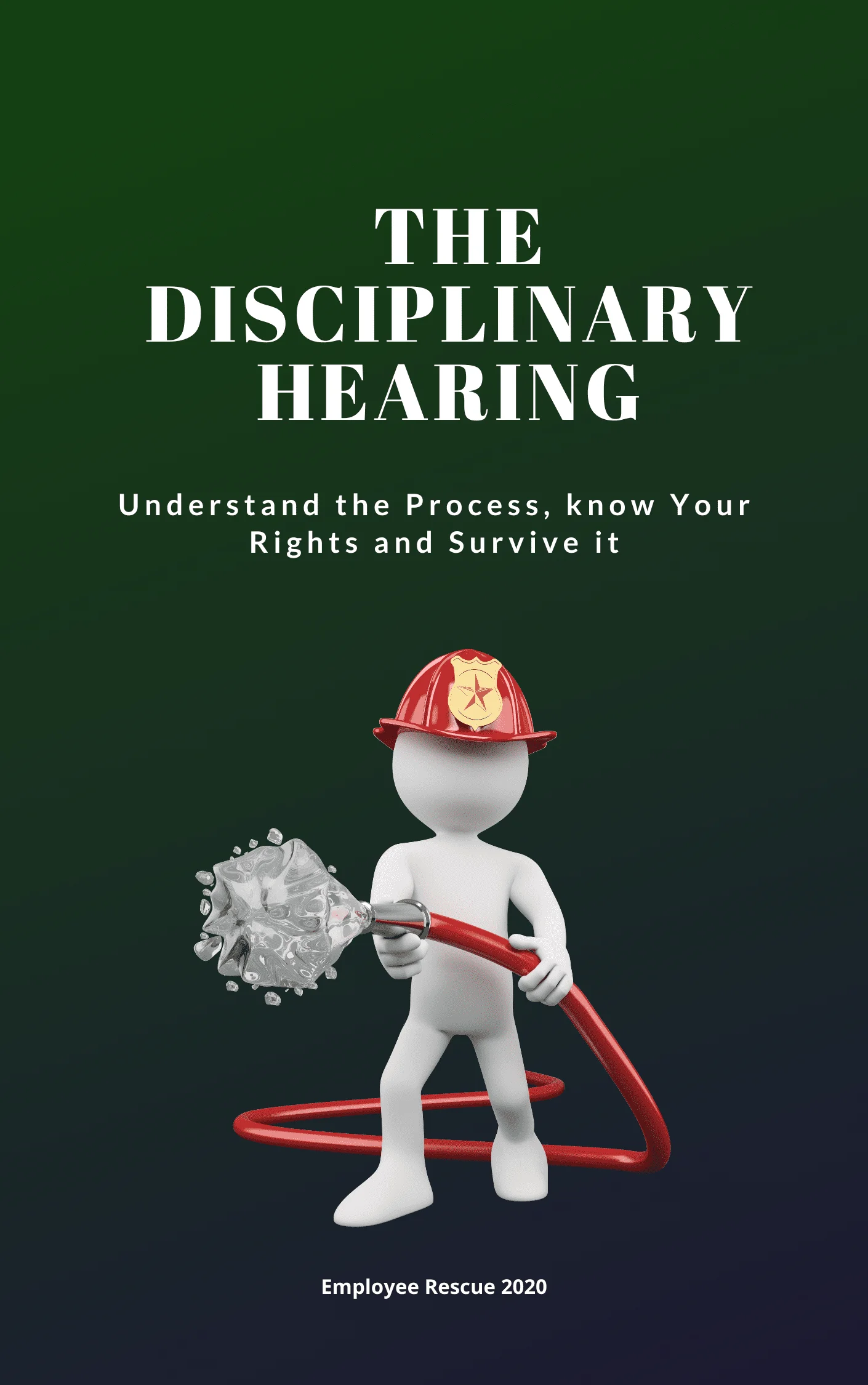
The disciplinary hearing
- The Law on disciplinary hearings
- Record keeping
- Whistleblowing
- The disciplinary notice or letter of confidentiality
- Your right to be accompanied
- Delegation of authority
- The allegations against you
- The evidence against you
Corroborative evidence
Withholding evidence
Witnesses and witness statements
Problems with your Witnesses
Cross-examining witnesses
Anonymous witnesses
Audio-recordings
Surveillance evidence
- Preparing for the hearing
- Writing your statement of defence
- Attending the disciplinary hearing
- What you should do at the hearing
- Notes/Minutes of the Hearing
- After the hearing
- If you don’t want to attend the hearing
- If you’re too ill to attend the hearing
- Submitting a grievance during the disciplinary process
- Breach of the implied duty of mutual trust and confidence
- Criminal charges, police investigations and your right to silence
- My colleagues want me sacked because of the charge, conviction or police investigation
- Can I be disciplined again for the same offence?
Content
A disciplinary hearing is a meeting facilitated by your Employer to discuss allegations against you and to give you an opportunity to respond to those allegations. Your Employer can discipline you for conduct, capability or some other substantial reason. S13 (4) Employment Relations Act 1999 says that a disciplinary hearing is a hearing which could result in the administration of a formal warning to a worker by his employer, the taking of some other action in respect of a worker by his employer, or the confirmation of a warning issued or some other action taken. This Guide provides you with information on your legal rights throughout the process, with tips, templates and tactics on what to do.
This is your essential step-by-step guide to the Disciplinary Hearing and gives you valuable direction on the entire process. It is an important tool if you want to give yourself the best chance of a good outcome, and to have a strong employment tribunal claim or settlement if you should have to leave your job.

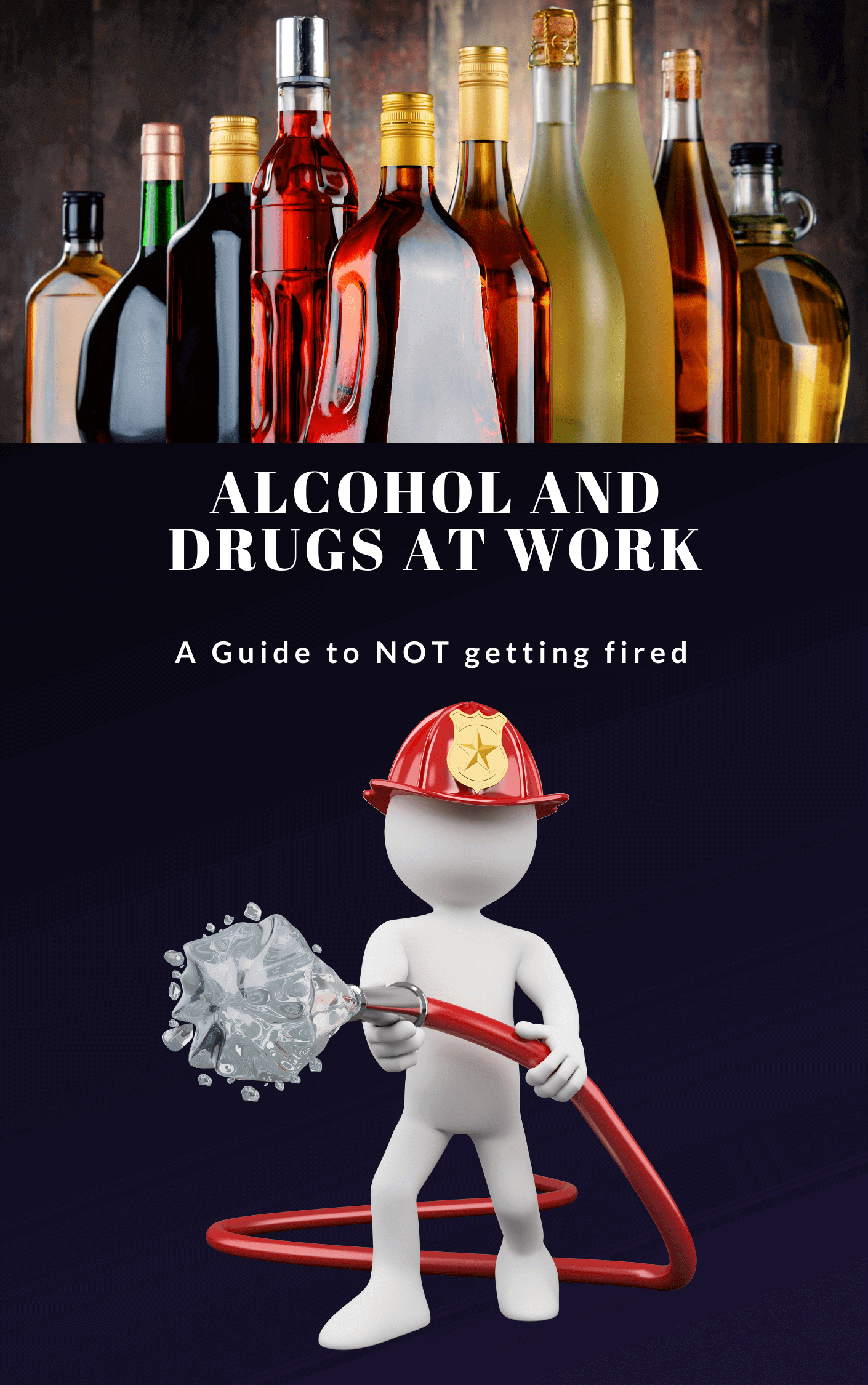
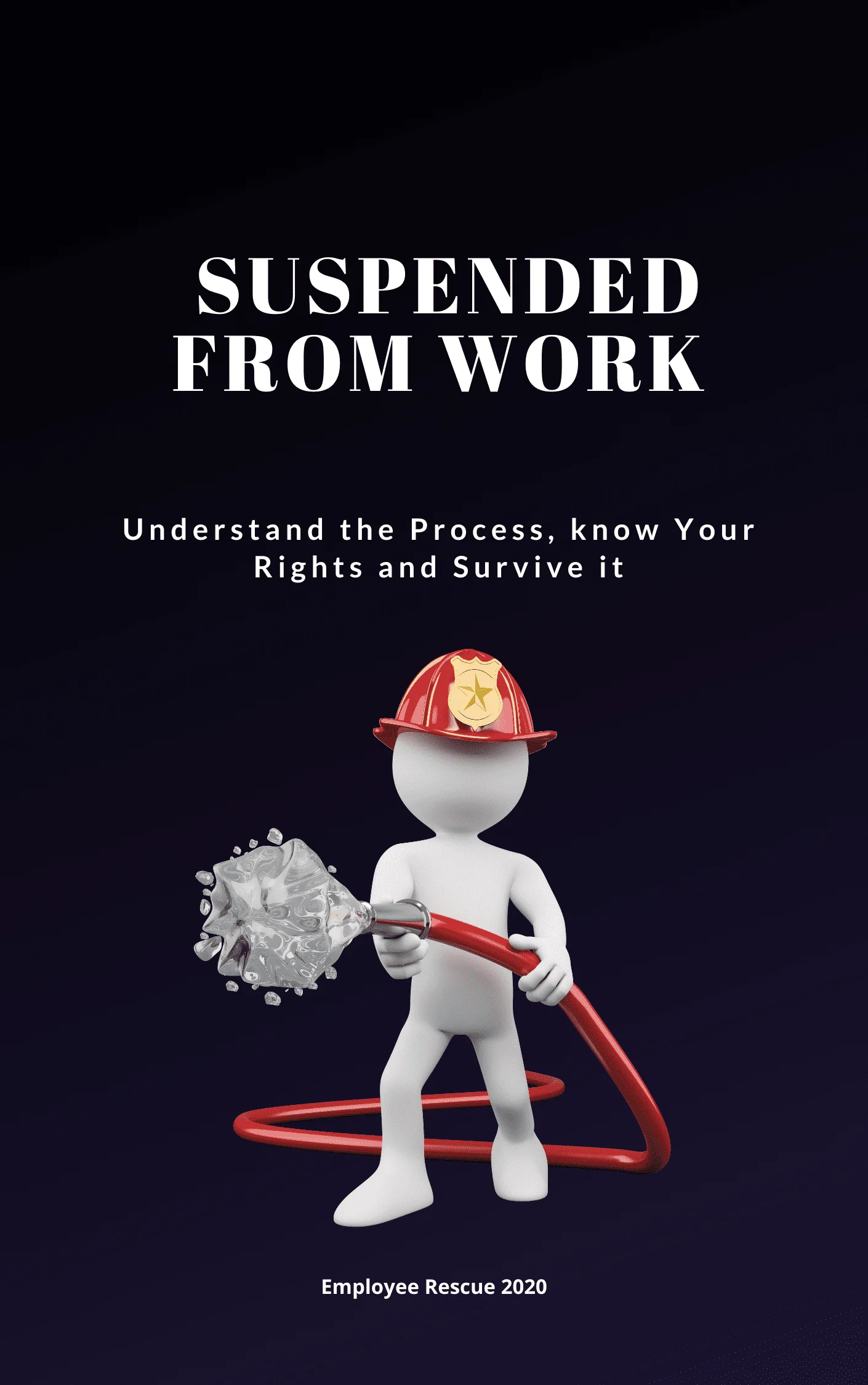
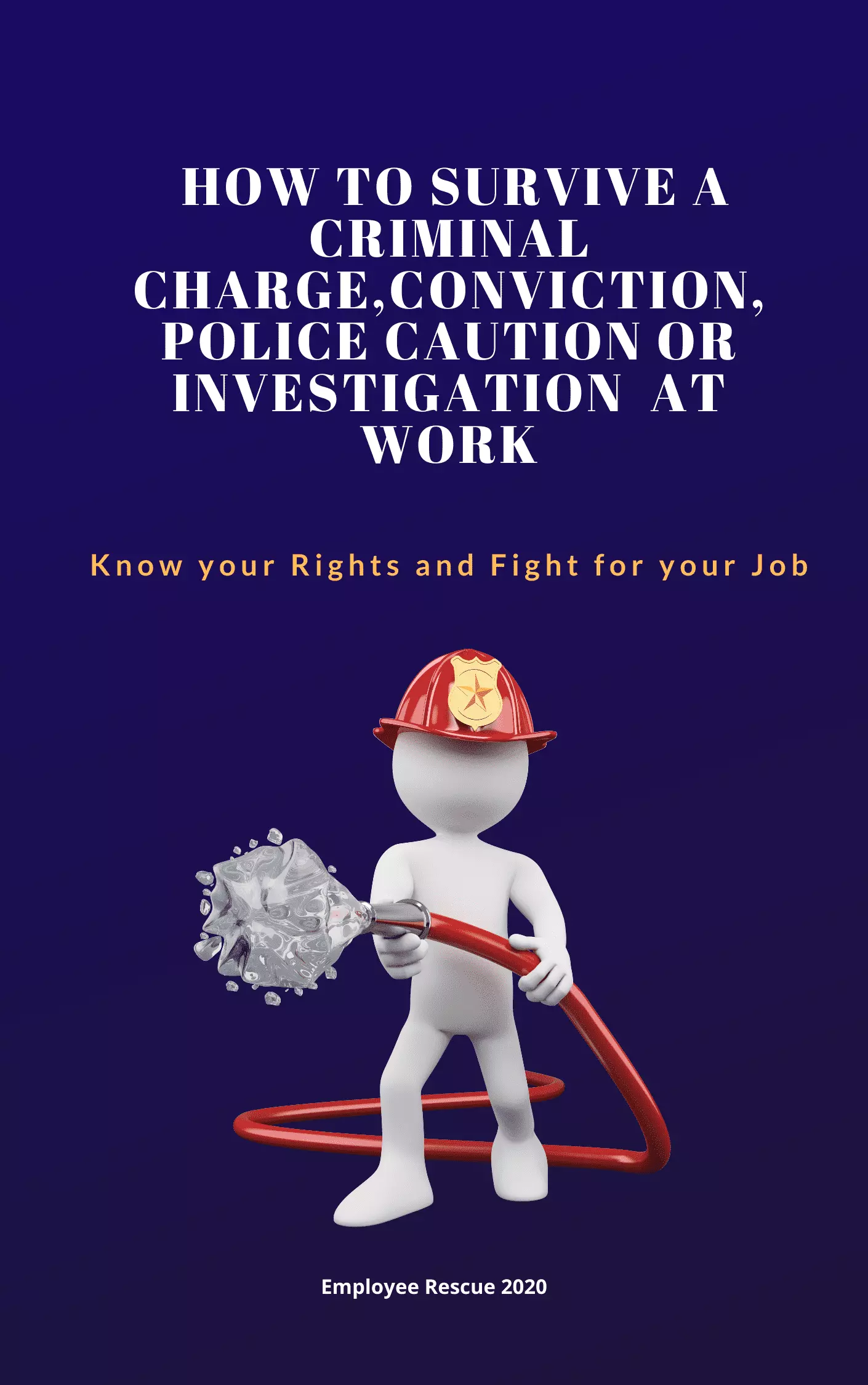
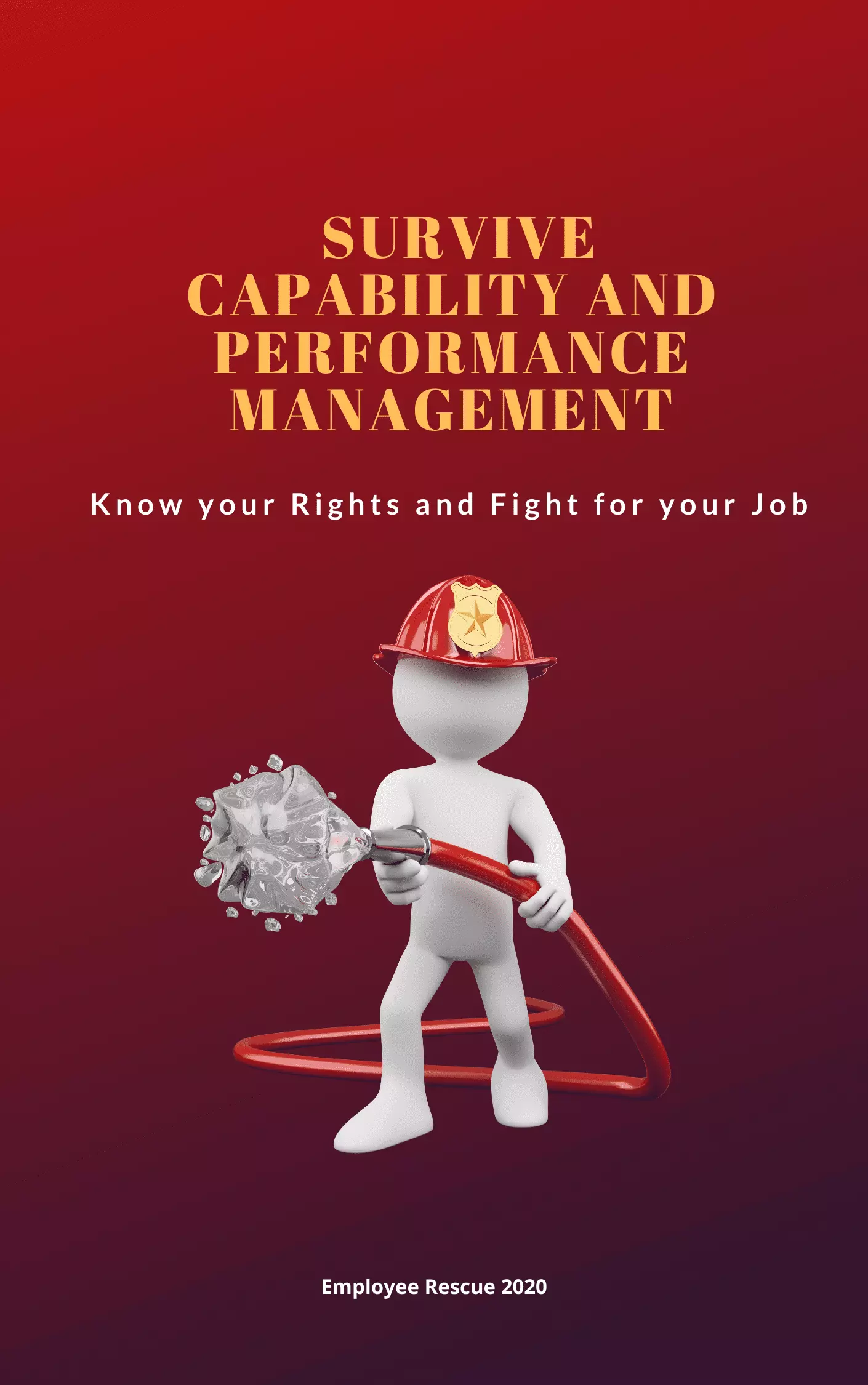
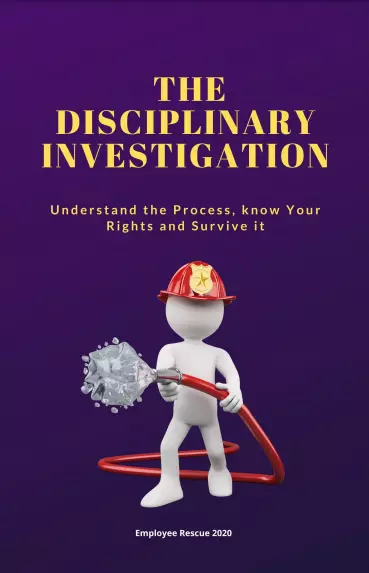
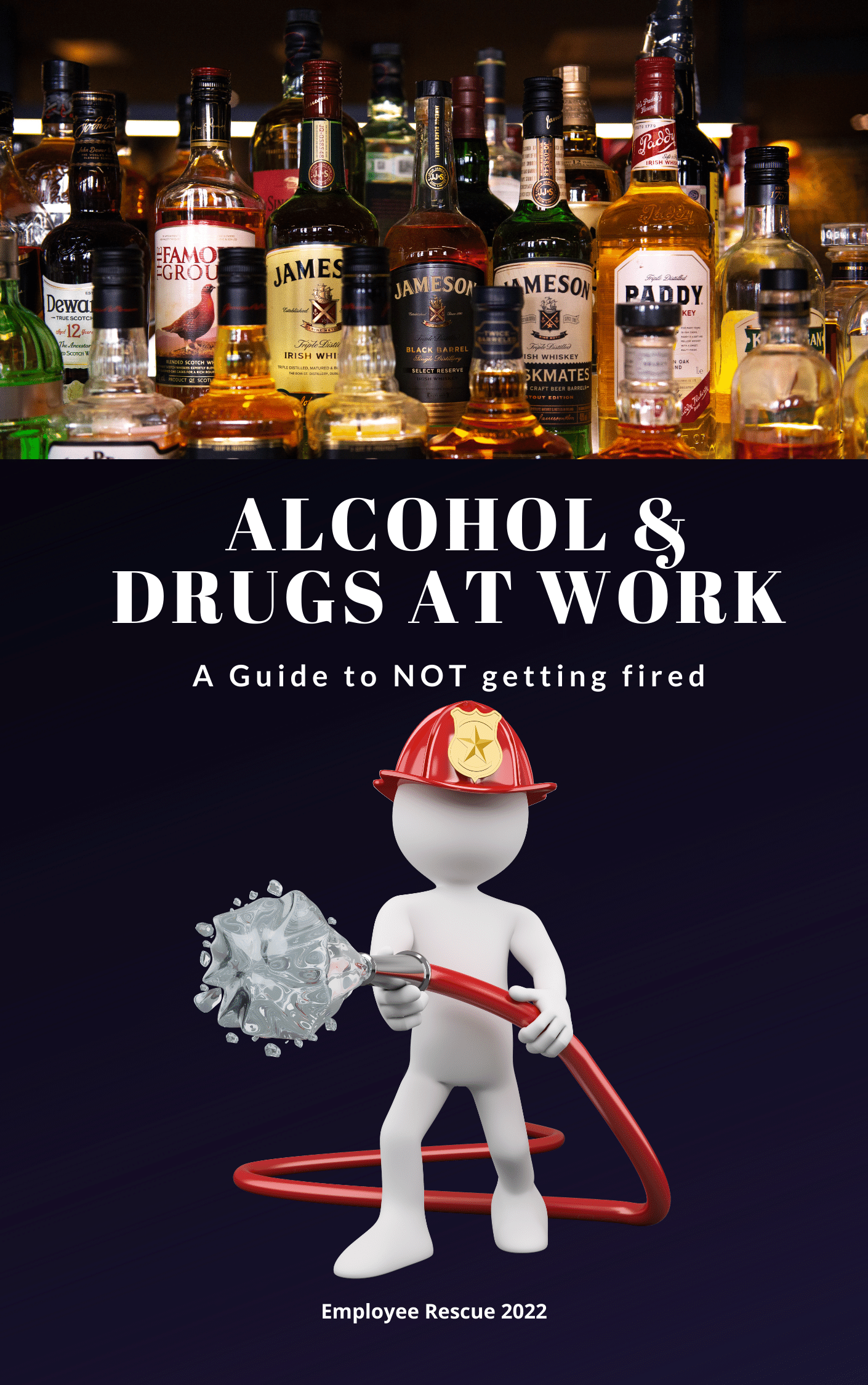
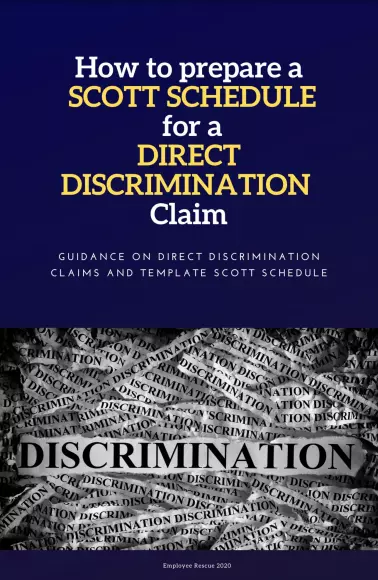
_1646734898.webp)

